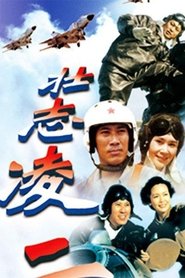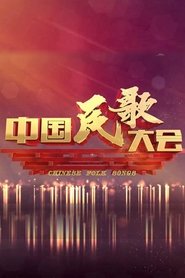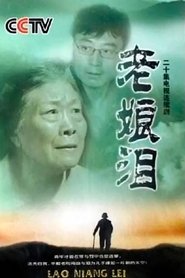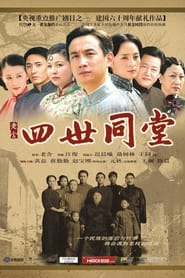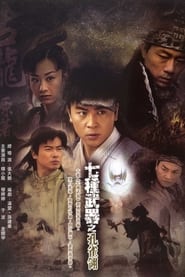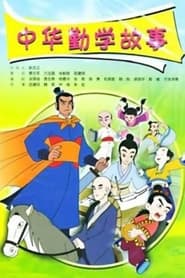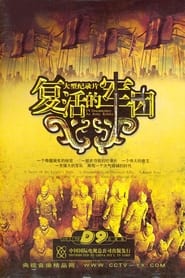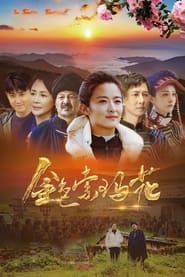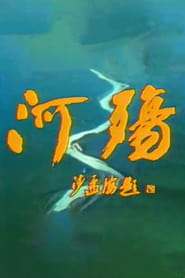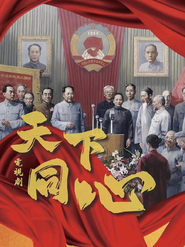Cctv 1 TV Series - Page 10
-
壮志凌云
2000
壮志凌云
2000
-
朗读者
2017
朗读者
2017
-
中国民歌大会
2016
中国民歌大会
2016
-
冬日惊雷
2013
冬日惊雷
2013
-
The Peacock Feather
2011
The Peacock Feather
2011
-
平凡的世界
1990
平凡的世界
1990
-
An Army Reborn
2004
star 8This documentary series is divided into six episodes and consists of three hours, showcasing the glory of the Qin army in the past. -
Golden Soma Flower
2020
Golden Soma Flower
2020
-
River Elegy
1988
star 7A formal critique of historical Chinese culture, arguing that developing a so-called "yellow civilization" based on the land and rivers has led to conservatism, ignorance and backwardness, and that China should develop a "blue civilization" based on the sea, while establishing a system based on the market economy. -
走向大西南
2024
走向大西南
2024
In 1949, the People's Liberation Army launched a successful offensive across the Yangtze River, breaking the Nationalist defenses. Deng Xiaoping led efforts to train young cadres and restore the southwest, achieving unity and rapid development in the region. Through their dedication, soldiers and cadres played a crucial role in transforming and rebuilding southwestern China. -
天下同心
2024
star 6In 1948, amid political turmoil, the Chinese Communist Party invited democratic leaders and even Nationalist defectors to collaborate on building a new China. Led by Mao Zedong, their vision of unity, democracy, and peace inspired figures across political divides to establish an independent and united nation. -
今日说法
0000
今日说法
0000
